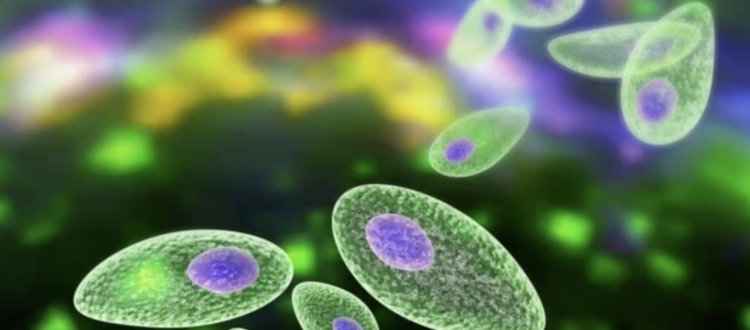
The Food Safety Information Council is warning Australians this Australian Food Safety Week not to take the risk of eating raw or minimally cooked meat products or offal as this can greatly increase your chance of parasite infections such as toxoplasmosis as well as getting food poisoning.
Cathy Moir, Council Chair, said that a recent consumer survey found that 4% surveyed said they had eaten rare meat or offal with 0.2% eating raw meat or offal in the last six months.
‘Toxoplasmosis infection can be transmitted by eating raw or rare meat as well as through being in contact with domestic and feral cat faeces. This parasitic infection is very risky for pregnant women and their unborn babies as well as for people with compromised immune systems,’ Ms Moir said.
‘A recent study by Food Standards Australia New Zealand and the Australian National University found that the Toxoplasma gondii parasite caused 15,500 cases of symptom casing toxoplasmosis in Australia each year costing the economy $13.1 million in lost productivity and premature mortality.
‘Our research found only 17% of Australians have heard of toxoplasmosis but research shows 25% to 30% of Australians show signs of past Toxoplasma infections.
‘You can reduce your risk of getting toxoplasmosis by following these tips:
- Toxaplasma gondii can be killed by cooking whole pieces of red meat and offal to at least 63°C, which is medium rare, and then leaving it to rest for 2 to 3 minutes.
- Don’t eat raw or rare sheep, pork, kangaroo or game meat as well as offal such as heart, liver, tongue and duck, and goose paté.
- The Toxoplasma gondii parasite isn’t commonly found in beef meat but, as beef is the most common meat eaten rare or raw, we still recommend cooking beef to at least 63°C (medium rare) and leave to rest 3 to 5 minutes.
- The best way to ensure your meat is cooked safely is to purchase and use a meat thermometer. Remember to clean and sanitise your meat thermometer between uses.
- Don’t drink unpasteurised milk which could also contain the parasite.
- Always wash your hands before handling food and after handling raw meat and chicken.
Toxoplasmosis is also transmitted by domestic and feral cat faeces so always:
- Wash your hands after cleaning out cat litter trays and, if you are pregnant, get someone else to do this or wear rubber gloves.
- If you are going to feed your cats raw meat, freeze the meat for at least 3 days to kill any parasites then defrost in the fridge or microwave.
- Don’t allow your cat to eat birds or other wildlife.
- Fence off your vegetable gardens and cover children’s sandpits so cats cannot get in.
- Wear gloves when gardening.
- Wash your vegetables before eating.
The Food Safety Information Council celebrates its 25th anniversary this year and we would like to thank our members Accord, SA Health and NT Health for their sponsorship of Australian Food Safety Week 2022 and our research as well as all our past sponsors who have kept our work going.
Media Contact:
Lydia Buchtmann, Food Safety Information Council, 0407 626 688

